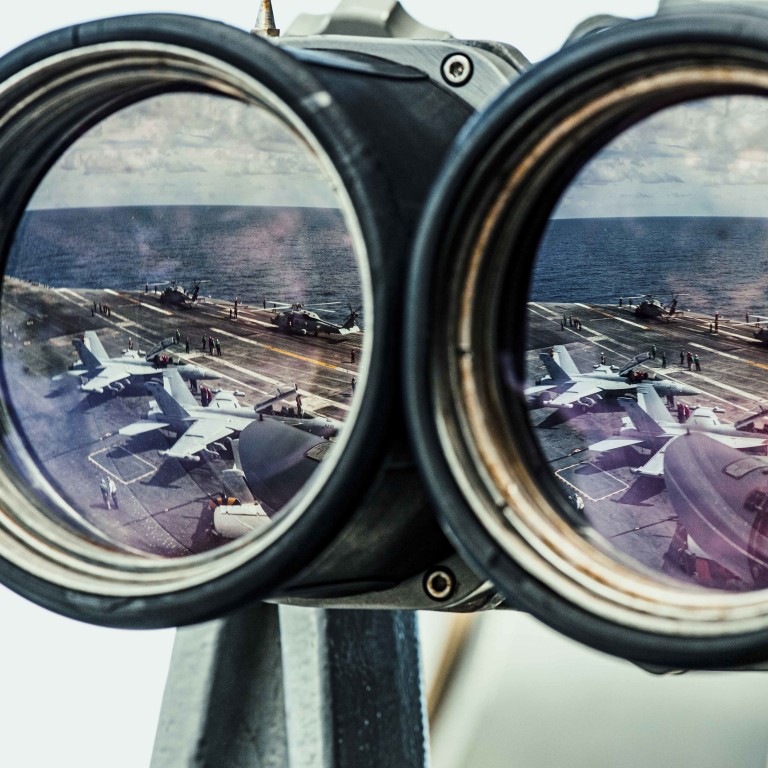
China watches for changes to US’ Taiwan policy after Kurt Campbell’s comments
- A ‘lack of transparency has made the PLA doubt whether Washington will adjust its strategic ambiguity over the Taiwan issue’, military source says
- Despite tensions, both sides appear to have scaled back their provocative actions in the region, adviser to Beijing says
China will be watching closely for any changes to America’s policy on Taiwan after the White House’s top Asia official rejected calls for the US to issue a clear statement of willingness to defend Taiwan in the event of the island coming under attack from Beijing, observers said.
“The PLA realises the importance of building communication channels with their American counterparts but the political tensions between the two countries have hindered that,” the source said.
“The lack of transparency has also made the PLA doubt whether Washington will adjust its ‘strategic ambiguity’ over the Taiwan issue.”
He said he believed there was an appreciation in the US and China that maintenance of some degree of status quo over the island was in the best interests of both countries.
The real short- and medium-term risks were from “accidents and inadvertence”, given the proximity of US and Chinese forces, he said.
However, Shi Yinhong, a professor of international relations at Renmin University, said there were indications the two countries were trying to keep a lid on the situation.
“There are signs Beijing and Washington are trying to alleviate military tensions, even though Campbell warned that the crisis-control mechanism was ineffective.”
Shi, who is also an adviser to Beijing on US policy, said that since the commission of three Chinese warships on April 23, both sides had scaled down their military activity in the East and South China seas.
Biden team likely to proceed with Trump’s China investment ban
“The war of words between China and the US has continued, but the PLA hasn’t sent any warships across the median line of the Taiwan Strait or deployed aircraft to conduct island encirclements,” he said, adding that the US had also suspended its “provocative moves” in the region over the past two weeks.
“The military activities of both sides could be seen as a reflection of the political dynamics between China and the US, implying both sides are trying to alleviate their political tensions.”
Campbell said on Tuesday it was important to build confidence between Washington and Beijing and ensure communications in moments of crisis.
But while there were checks and safeguards in place – similar to those used during the Cold War – China had been reluctant to use them, he said.
“So we do have a hotline, it’s known to have, the couple of times we’ve used it, just rung in an empty room for hours upon hours,” he said, without elaborating.
Macau-based military observer Antony Wong Tong said Campbell’s comments about a breakdown in communications were cause for concern.
“The refusal to answer the hotline could cause serious consequences amid tensions between the two countries,” he said.
“The Cuban Missile Crisis [which pushed the US and the Soviet Union to the brink of a nuclear conflict in 1962] was resolved because the leaders of the US and former Soviet Union maintained communication via their hotline.”

